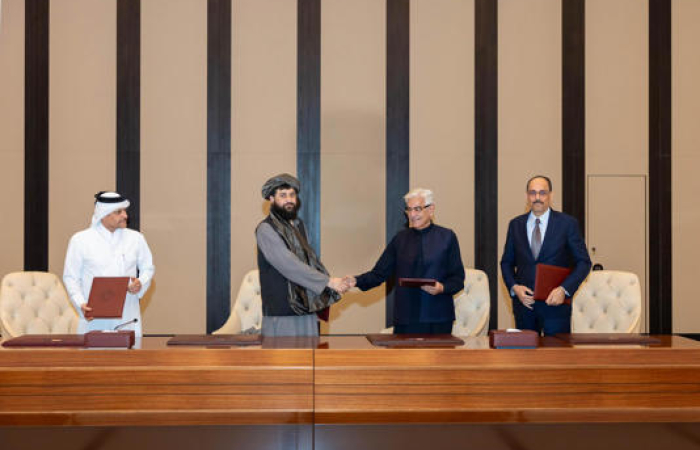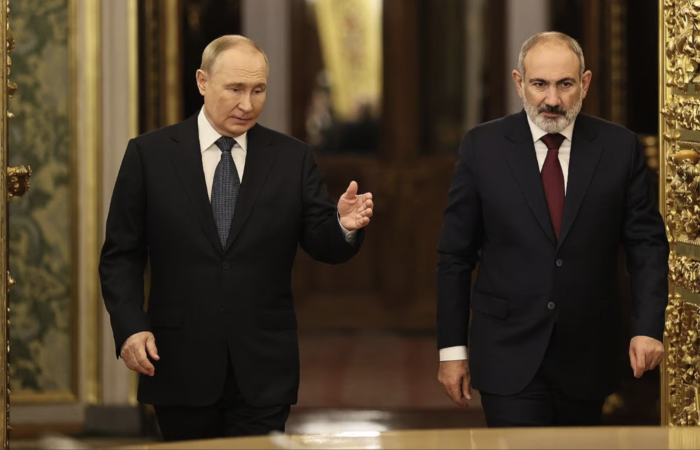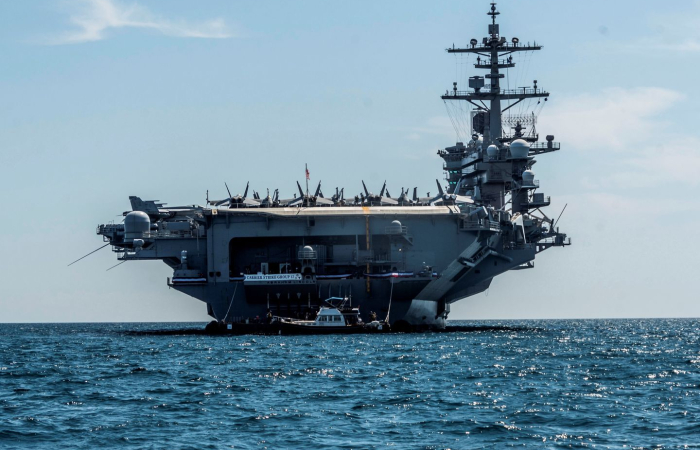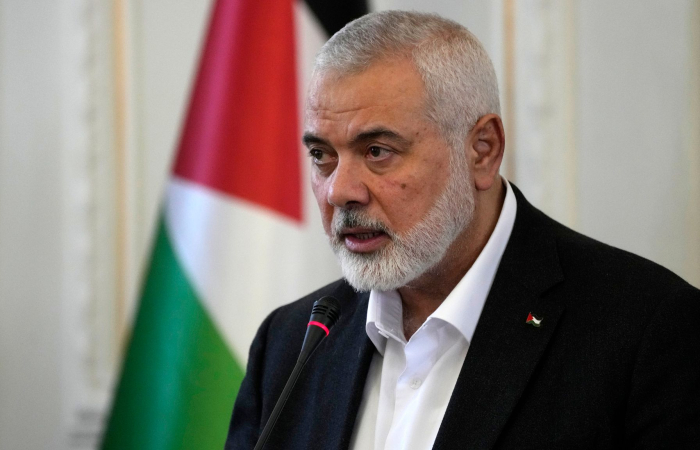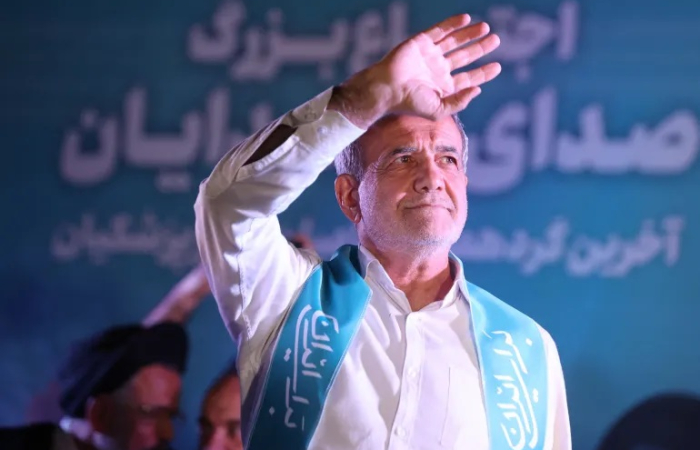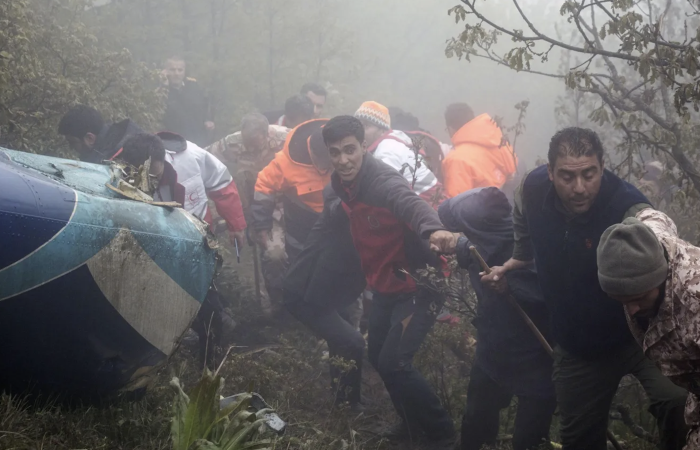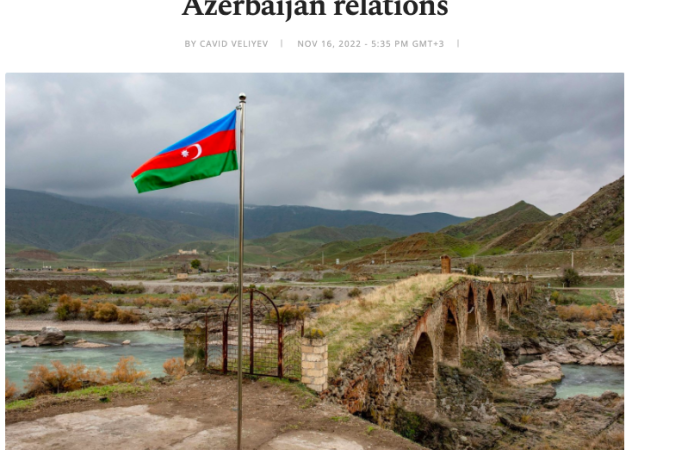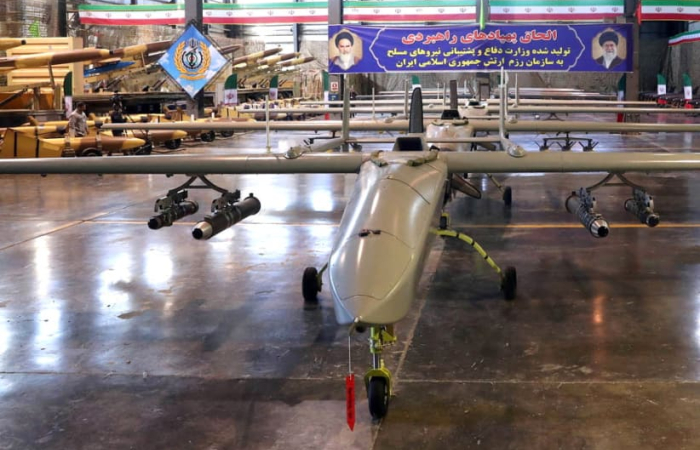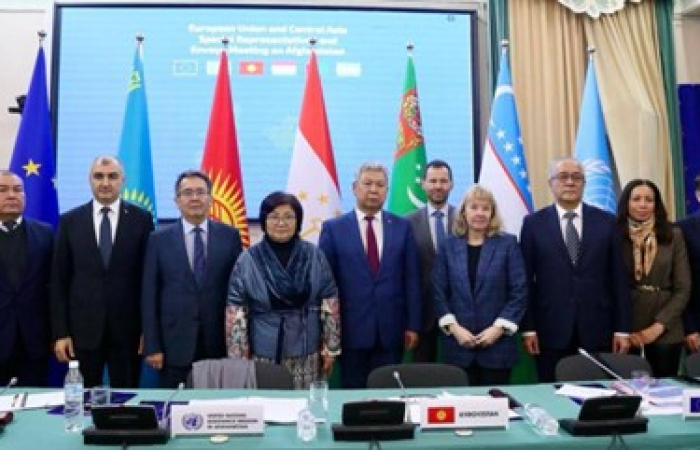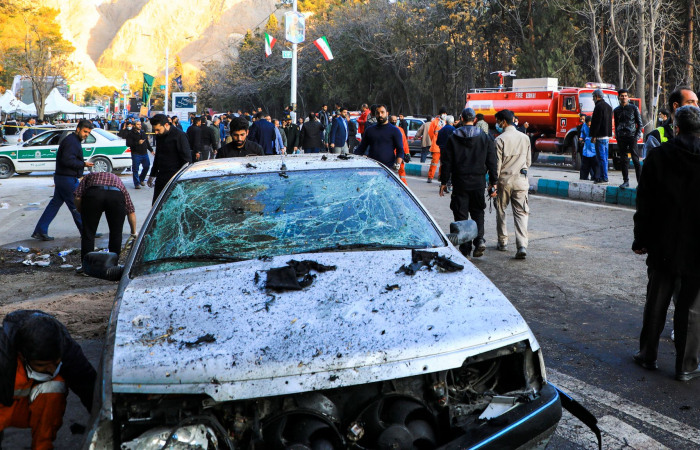Editor's choice
This is a members’ functionality. Please
Sign upNews
Trending
Who is trying to set the Middle East on fire?
4 January 2024
It seems someone is trying to add fuel to fire in an already tense Middle East.
A terrorist attack in Iran's southern city of Kerman on Wednesday (3 January) left nearly one hundred people dead, and many more injured. The victims were in a massive crowd participating in an event commemorating Revolutionary Guards general Qasem Soleimani four years after his death in a US strike.
The two explosions came amid high Middle East tensions over the Israel-Hamas war in Gaza and the killing of a Hamas senior leader in Lebanon on Tuesday. The unclaimed attacks, which sparked fears of a widening conflict in the region, and sparked global condemnation.
The United Nations, European Union, and several countries including Saudi Arabia, UAE, Turkey. Russia, Jordan, Germany and Iraq denounced the blasts.
UN chief Antonio Guterres “strongly condemns” the blasts, his office said, and the EU said: “This act of terror has exacted a shocking toll of civilian deaths and injuries.”
The EU’s top diplomat, Josep Borrell, said that he spoke to Iranian Foreign Minister Hossein Amir-Abdollahian to “convey condolences” and “condemned this terrorist attack in the strongest terms and expressed solidarity with the Iranian people.”




